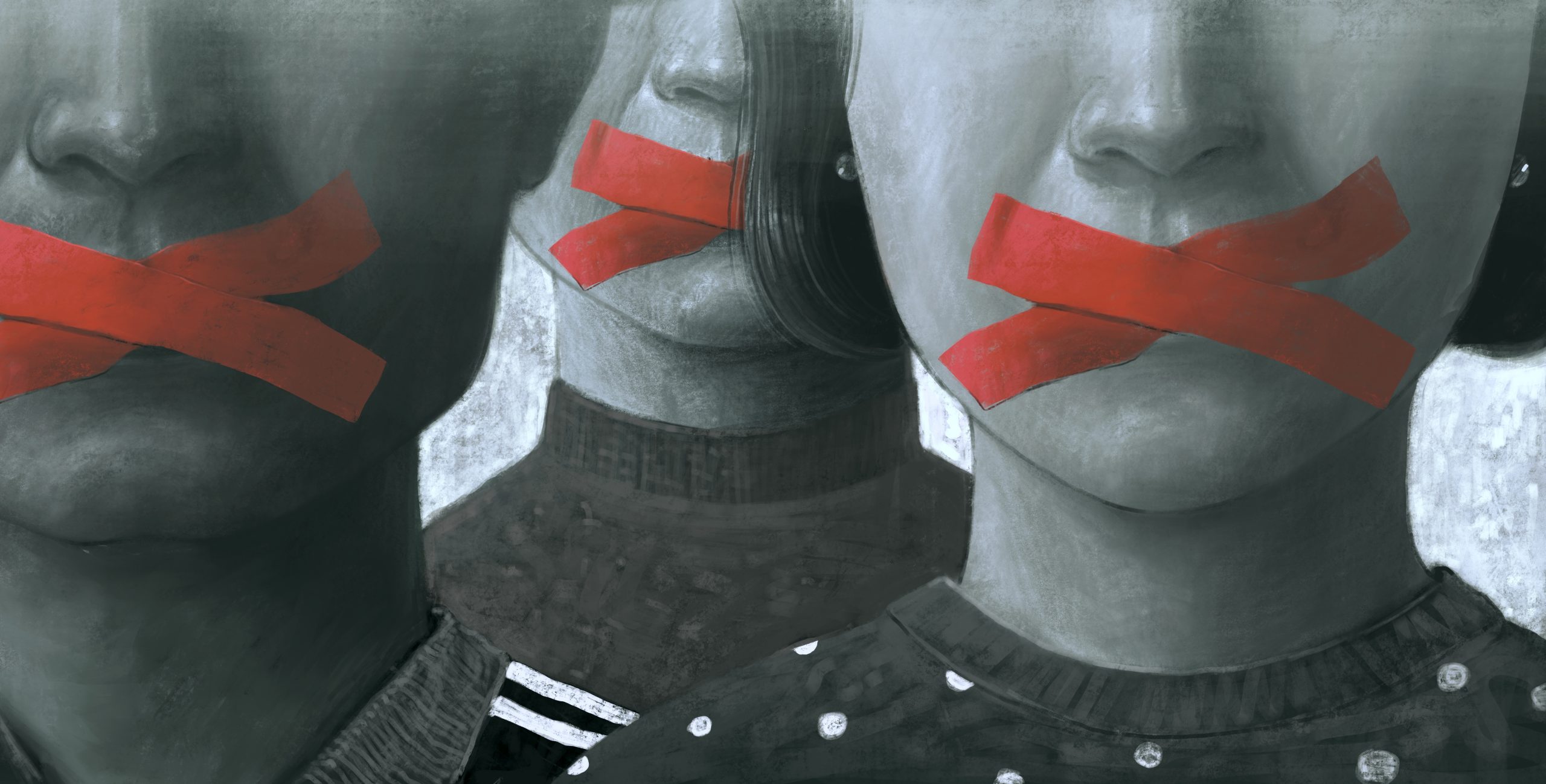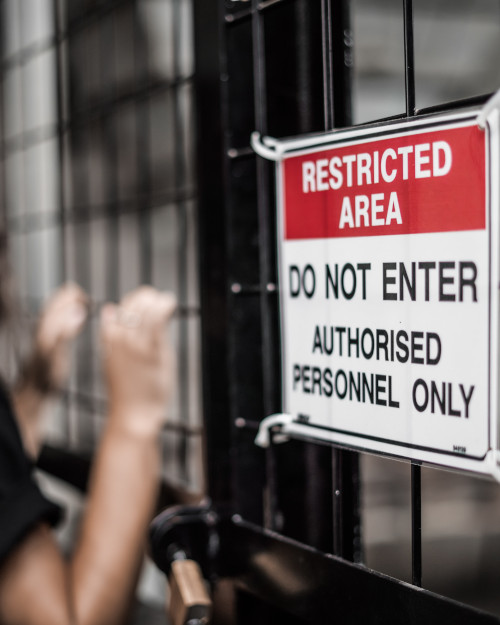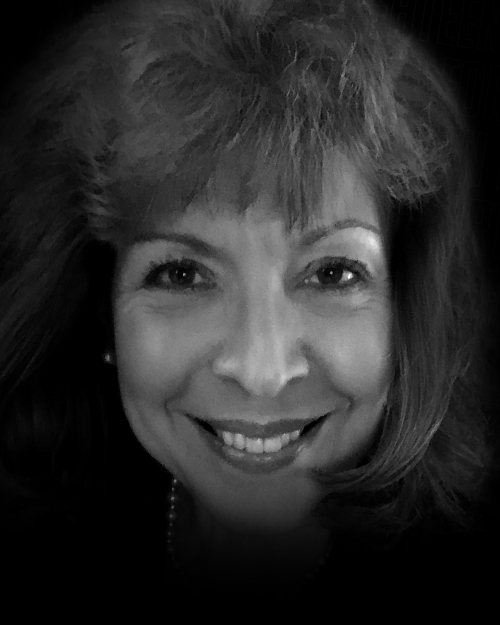What Censorship Means to Me
People have tried to cancel me. At least twice. I’ve discussed the second…

Censorship, the word we used before the pundits and thought leaders of the West gave us ‘cancel culture,’ is the story of the parts of the story that didn’t make it into the story. Which itself is a story. Which we are now telling a story about. Put less obtusely: For every story, or meaning-system,…
People have tried to cancel me. At least twice. I’ve discussed the second…

Picture a frustrated writer sitting at a desk. In the wastebasket next to…

Why do we all love the things we aren’t supposed to love, so…

In this episode of the 18Forty Podcast, we talk to Altie Karper, editorial director of Schocken Books, about censorship and cancel culture.
In this episode of the 18Forty Podcast, we talk to Altie Karper, editorial director of Schocken Books, about…
In this episode of the 18Forty Podcast, we talk to Jonathan Rosenblum – journalist and author of multiple…
In this episode of the 18Forty Podcast, we talk to Rabbi Jacob J. Schacter – rabbi, professor, and…
A classic for any people interested in Jewish ideas and the way we tell our stories, Changing the Immutable is the OG of popular scholarship on Jewish censorship. As the title indicates, this book looks at the ‘rewriting’ of Jewish history, focusing not just on censorship but on what censorship accomplishes, how it is used in the pursuit of a workable history. This book ranges from the historical to the religious to the philosophical, considering how our ideas of truth and history are developed and understood, often in reaction to the needs of the present time, in subtle and far-reaching ways. If you want a deep dive into all the ways that we have cut in and around our past to construct a better present, check out Changing the Immutable – it was probably on your to-read list for a…
What happens when a First Amendment expert and a social psychologist decide to write a book together on our culture? This much-lauded book. Lukianoff and Haidt bring a passionate, deeply researched consideration of our societal climate and culture, looking at the influence of the ideas about right and wrong that dictate our education systems. They see at the root of many of the issues of our society as resulting from three ‘untruths’ which obstruct and confound our societal attempts at growth, and paint a road towards a more resilient, honest, and optimistic tomorrow in the process. This book brings an important perspective on the issues of censorship, as the interplay between vulnerability and resilience are at the heart of the questions that Lukianoff and Haidt see as central to our societal position. How do we deal with what makes us…
A book about books, this deeply interesting read explores the world of contemporary Orthodox popular literature. While we tend to focus our Jewish thinking on works of legal, philosophical, or traditionally religious themes, Finkelman focuses on the relatively newer forms of literary self-expression: novels, biographies, picture books, self-help books, and magazines. What do these works, homes to popular thought, tell us about the Jewish community? Finkelman focuses on this popular literature as a headquarters for the way a traditional community navigates change, engaging with the contemporary world in their own way. The ways a community chooses to engage and disengage with different values and ideas, through storytelling and censorship, can tell us something about the ongoing paradoxes of religious life. That’s all the tease we’ll give you, read up for the rest. It’s good for you.
Support Jewish explorations today by supporting 18Forty. Your partnership makes our work possible.
Donate today.

